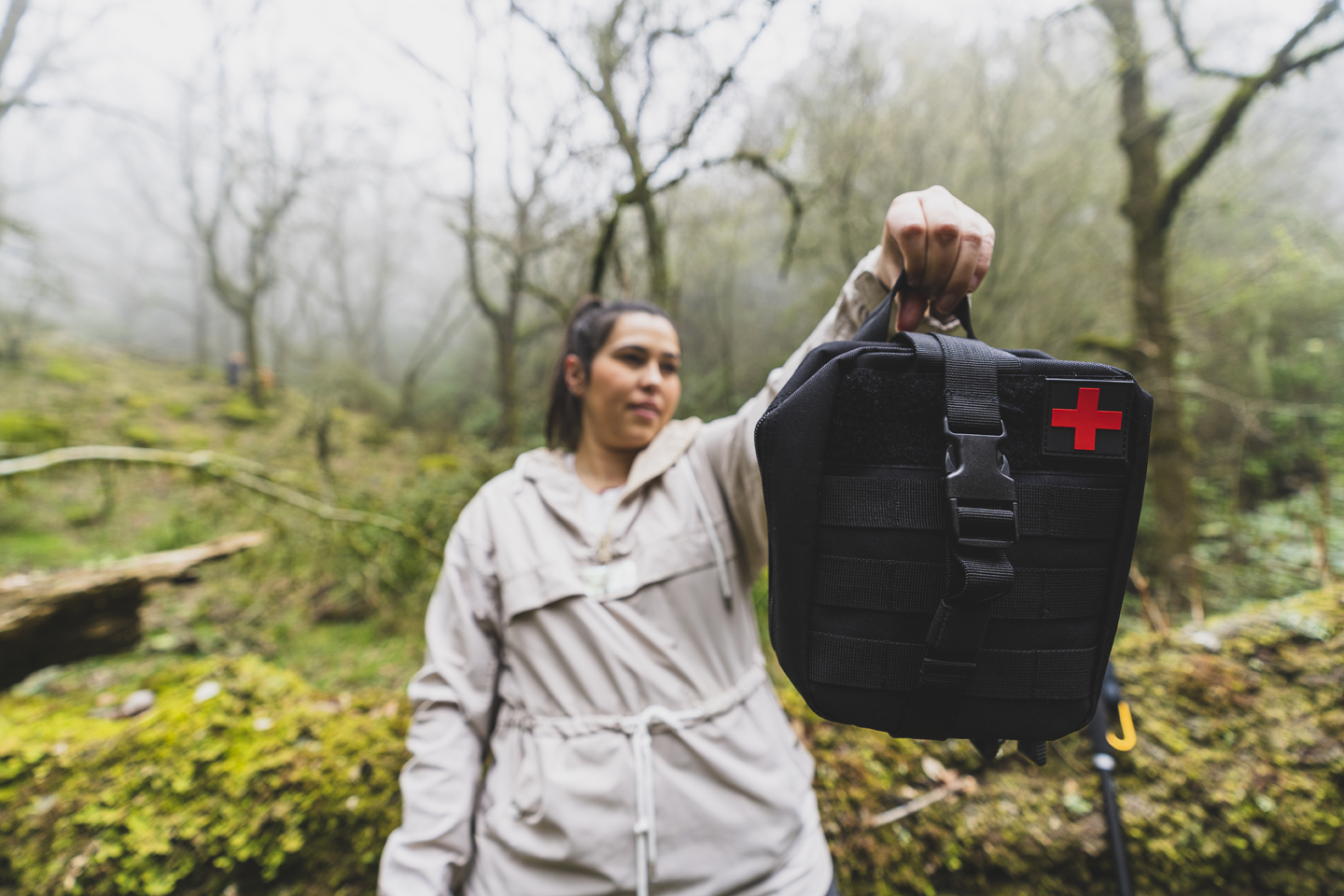
Embarking on a safari in East Africa promises a journey filled with awe-inspiring wildlife encounters and breathtaking landscapes. To ensure your safari experience is not only memorable but also health-conscious, it’s essential to take certain precautions. Here are ten health tips to guide you on staying well during your East African wildlife expedition.
1. Consult with a Travel Health Professional: Personalized Advice
Before your safari, schedule a consultation with a travel health professional. They can provide personalized advice based on your medical history, destination, and the specific activities planned during your wildlife expedition.
2. Vaccinations: Ensure Up-to-Date Immunizations
Check with your healthcare provider to ensure your routine vaccinations are up-to-date. Additionally, discuss and receive any necessary travel-specific vaccinations, such as yellow fever, typhoid, and hepatitis A.
3. Malaria Prevention: Take Prophylactic Medications
Malaria is prevalent in some East African regions. Consult your healthcare provider for suitable prophylactic medications and adhere to a mosquito prevention routine, including the use of insect repellent and mosquito nets.
4. Stay Hydrated: Beat the African Heat
East Africa can be hot and dry, making hydration crucial. Drink plenty of water throughout the day, especially during game drives. Carry a reusable water bottle to ensure you have access to clean water at all times.
5. Pack a First Aid Kit: Be Prepared for Minor Ailments
Pack a basic first aid kit with essentials like bandages, antiseptic wipes, pain relievers, and any necessary prescription medications. This ensures you’re prepared for minor health concerns during your safari.
6. Protect Against the Sun: Sunscreen and Protective Clothing
The African sun can be intense. Use a high SPF sunscreen and wear protective clothing, including wide-brimmed hats and long-sleeved shirts, to shield yourself from harmful UV rays.
7. Avoid Consuming Raw or Undercooked Foods: Food Safety Matters
To prevent foodborne illnesses, opt for cooked and hot meals. Avoid consuming raw or undercooked foods, and peel fruits and vegetables before eating to minimize the risk of contamination.
8. Practice Hand Hygiene: Carry Hand Sanitizer
Maintain good hand hygiene by washing your hands regularly with soap and water. Carry a travel-sized hand sanitizer for situations where access to water may be limited.
9. Be Aware of Altitude: Gradual Acclimatization
If your safari includes high-altitude destinations, such as the Ngorongoro Highlands, acclimatize gradually to reduce the risk of altitude-related illnesses. Listen to your body and seek medical advice if necessary.
10. Respect Wildlife from a Distance: Minimize Disease Transmission
While on safari, admire wildlife from a respectful distance. Avoid touching animals or their droppings to minimize the risk of zoonotic diseases that can be transmitted between animals and humans.
In conclusion, prioritizing your health is essential to fully enjoy the wonders of an East African safari. By following these health precautions, you not only safeguard your well-being but also ensure a smoother and more enjoyable wildlife expedition. Stay prepared, stay healthy, and immerse yourself in the extraordinary beauty of East Africa’s natural wonders.



